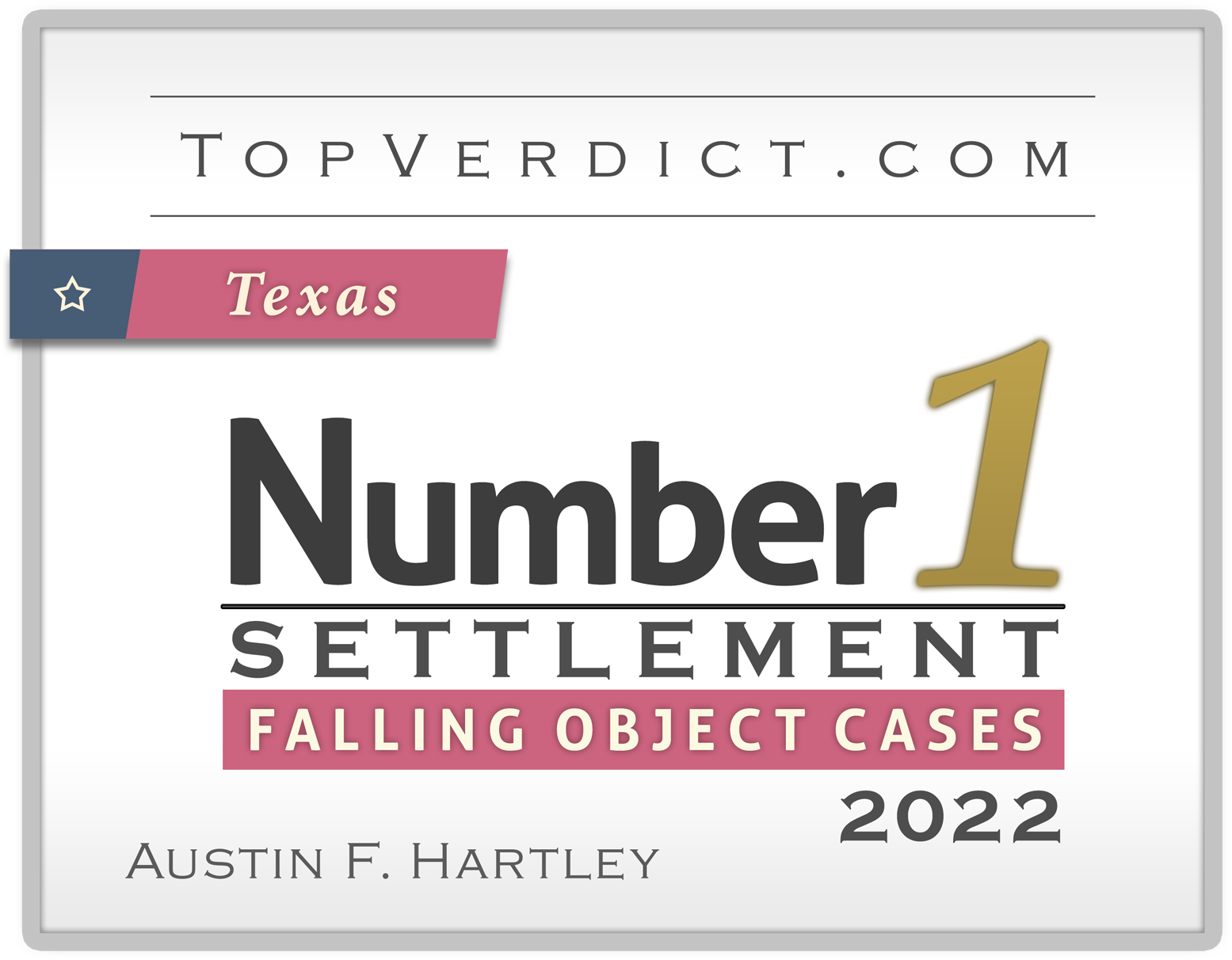What is Personal Injury Mediation and How Does It Work?
Not every personal injury case has to go to trial. In fact, many personal injury disputes are resolved through personal injury mediation, a process designed to help both sides reach a mutually satisfactory solution without the stress and expense of litigation. But how does personal injury mediation work, and what can you expect during the mediation process? Here’s everything you need to know.
What is Personal injury mediation?
Personal injury mediation is a form of alternative dispute resolution (ADR) that helps injury victims and insurance companies settle claims without going to trial. A neutral third party, called a mediator, facilitates discussions between the injured person (plaintiff) and the at-fault party or their insurer (defendant).
The Personal Injury Mediation Process: Step-by-Step Breakdown
Mediation differs from a trial in several ways:
- It is voluntary and confidential, meaning discussions cannot be used as evidence later.
- It is typically faster and more cost-effective than going to court.
- It allows both parties to have more control over the outcome rather than leaving the decision to a judge or jury.
Essential Steps for Successful Personal Injury Mediation
The personal injury mediation process follows a structured approach to help both parties negotiate effectively
- Selecting a Mediator – Both parties agree on a neutral personal injury mediator, often an attorney or retired judge, with experience in handling injury cases.
- Mediation Session Begins – The mediator explains the rules and goals of the mediation session. Each side presents their case, discussing medical bills, lost wages, and other damages.
- Private Discussions – The mediator meets separately with each party to understand their demands and suggest possible compromises.
- Negotiations and Offers – The mediator facilitates offers and counteroffers, helping both sides work toward a mutually satisfactory solution.
- Reaching a Settlement Agreement – If both sides agree, a settlement agreement is drafted and signed, making it legally binding.
Key Benefits: Why Choose Personal Injury Mediation?
Many injury victims choose mediation over litigation because of its advantages:
- Faster resolution – A personal injury lawsuit can take months or even years, while mediation often resolves disputes in a matter of days.
- Lower costs – Mediation eliminates hefty legal fees and court expenses.
- More privacy – Unlike court cases, which are public, mediation remains confidential.
- Greater flexibility – Both parties have a say in the outcome rather than relying on a judge’s decision.
Common Pitfalls: When Personal Injury Mediation May Fail
While personal injury mediation cases often result in fair settlements, there are situations where it may not be effective:
- Unreasonable expectations – If one side refuses to negotiate fairly, mediation may fail.
- Severe disputes – Cases involving complex legal issues may require litigation.
- Lack of legal representation – Without a good personal injury lawyer, a victim may not negotiate effectively.
Preparing for Personal Injury Mediation: Expert Tips for Success
To increase your chances of reaching a fair settlement agreement, preparation is key.
Top Personal Injury Mediation Tips for a Fair Settlement
- Gather all relevant documents – Medical records, accident reports, and witness statements strengthen your case.
- Know your case’s worth – Understanding your damages ensures you don’t settle for too little.
- Stay professional and composed – Emotions can cloud judgment, so stay focused on facts.
- Consult a lawyer – A good personal injury lawyer can guide you through the process and fight for a fair outcome.
Options After Failed Personal Injury Mediation
If mediation does not result in a settlement, you still have options:
- Continue negotiations outside of mediation.
- Proceed with litigation, taking the case to court.
- Try another mediation session with a different approach.
The Role of a Lawyer in Personal Injury Mediation
While mediation is designed to be a less formal process, having an experienced attorney is crucial. A personal injury lawyer can:
- Assess the settlement agreement to ensure it’s fair.
- Protect you from lowball offers by insurance companies.
- Help you prepare for the mediation session with strong evidence and arguments.
If you’re considering personal injury mediation, working with a Dallas personal injury lawyer can help you achieve the best possible outcome. Don’t settle for less than you deserve—get the legal support you need today!










